How to Buy Wine: Help Your Salesperson Help You
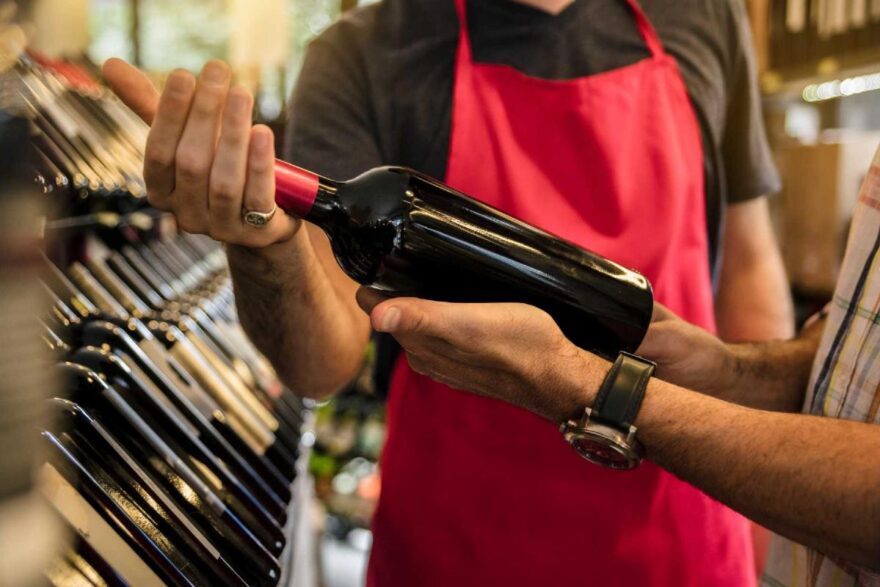

When you are buying a bottle of wine you probably have a pretty good idea of what you want it to taste like. Or what you want to use it for. You may not, however, have the vocabulary to communicate these ideas in a way that will help your wine salesperson understand what you want.
When I worked in wine shops, 90% of my job was to discern what people meant, when they were not saying anything that made sense. Using these questions, or being able to explain your preferences will go a long way towards making sure you get what you are looking for when you buy your next bottle.
Red or White?
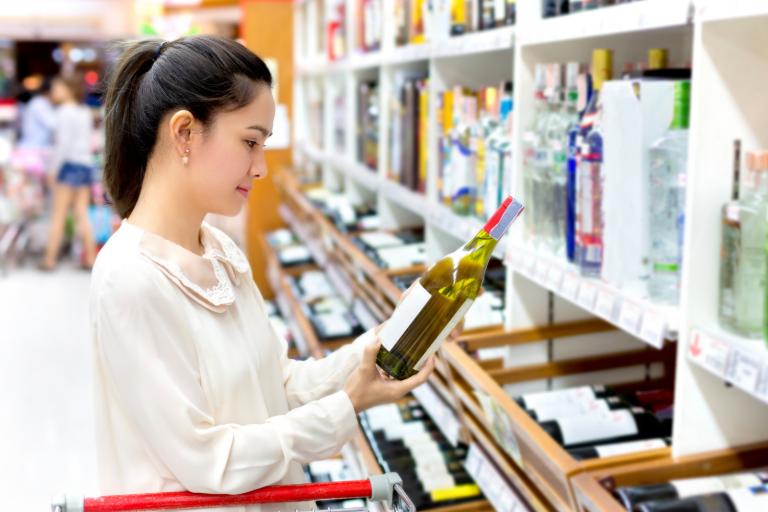
This is probably the most basic question of all, but give it some thought. And don’t just think about which you generally prefer – think about the temperature outdoors when you plan to drink it, what type of food you will have with it, etc.
If you need a white wine to pair with something you are serving, but you generally prefer red wine, let your salesperson know. And vice versa, this will help them select a wine that will appropriate for your occasion but which will have characteristics that you will enjoy.
What pairs well with __? What will you be serving?
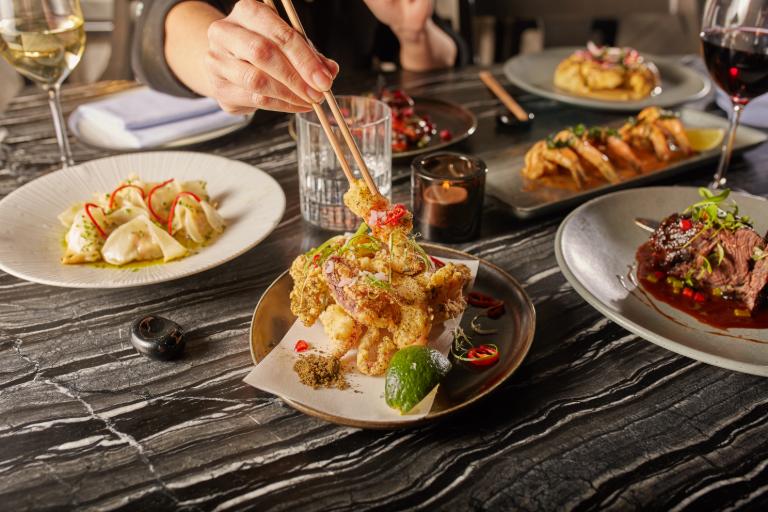
One of the most important questions to ask. If you are buying a wine to pair with a specific dish or meal, you should consider what will make a good pairing. Is it possible to drink any wine with any food? Yes, it is, but an unsuitable pairing will not show either the food or the wine at its best.
Ask your wine salesperson what they would recommend serving with this dish, and expect that they may ask you about how the meat is cooked, what sauces are used, what spices are used, etc. This does make a difference. Of course, you don’t have to buy the exact wine that they would choose, but discussing the pairing with them will help you make a better selection.
When would you recommend opening this bottle?
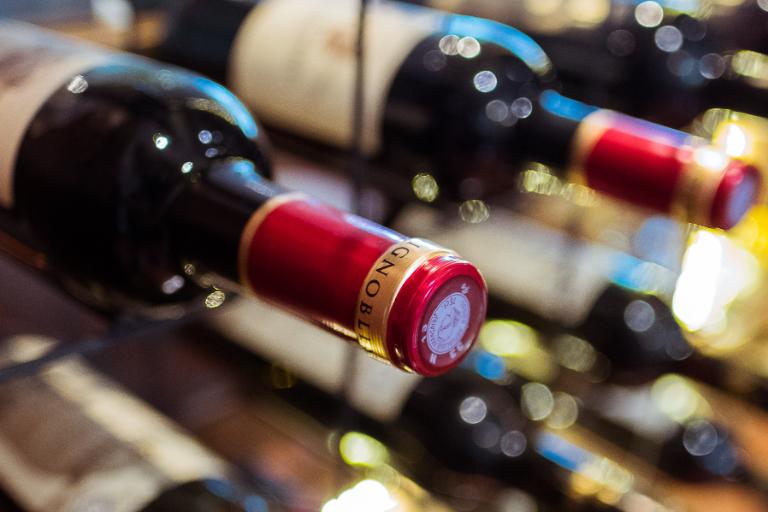
This is a question to ask especially as you start moving up in price. Some wines are meant to age and some wines are meant to be drunk young and fresh. Not all wines are going to improve with age. Lower priced bottles are generally meant to be drunk immediately or within at most 1 to 2 years of release.
If you are looking for a bottle of wine for tonight, you’ll want to make sure that you buy a wine that is ready to drink. Similarly, if you are buying wine to age, you’ll want to know when you should be thinking about starting to open the bottles. It’s no good aging wine only to open the bottles before they are ready, or alternatively, to miss the drinking window entirely and open them only to find the quality diminished.
Is this wine sweet? How much Residual Sugar is in this wine?
This is a good thing to ask if you have a preference for either very sweet or very dry wines. and is especially applicable if you are buying either sparkling or dessert wines. Remember that fruity or fruit-forward is not the same as sweet.
With sparkling and dessert wines, these come in many different styles and different levels of sweetness. Think about whether you would like something that is dry/nearly dry, slightly sweet, sweet, or syrupy sweet. Only you know what you prefer.
What is this wine similar to? What wines do you usually enjoy?
If you have some examples to refer to, of either styles of wine or wine producers that you already know you like, this can be very helpful.
If you don’t have the vocabulary to explain what style of wine you enjoy, then examples can help your wine salesperson determine what that style is. Your wine person should be familiar enough with wine and producers to make a recommendation based on what you have previously enjoyed.
How much do you want to spend?

Often my customers don’t want to answer this question because they believe I’m trying to get them to spend more money. This is not the case. I just want to know what price range you are comfortable with or had in mind before I start recommending things. I don’t want to recommend a $50 bottle when you really only want to spend $20. I’d rather recommend my favorite $20 bottles, I definitely have them.
Similarly, if you want to get a beautiful gift for someone and would like to spend around $200, I’m not going to waste time with the $50 bottles. Your wine salesperson wants to be able to give the best recommendation to you, not necessarily try to get you to spend more.
Go forth and buy
Next time you are out on a mission to buy a bottle, remember these questions – you may ask them or they may be asked of you. If you have the answers to these questions you will be much more prepared to help the personnel in your local wine shop help you, and much more likely to enjoy the bottle you have chosen.

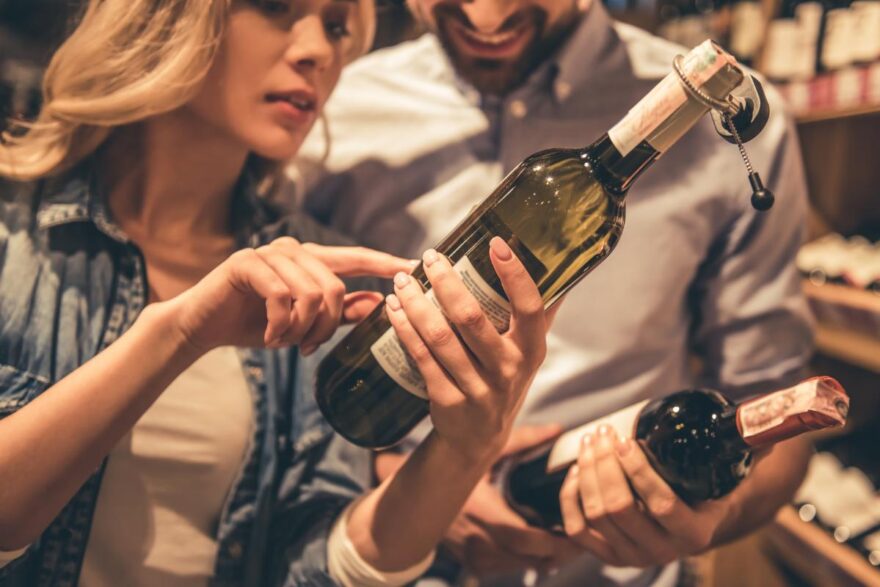
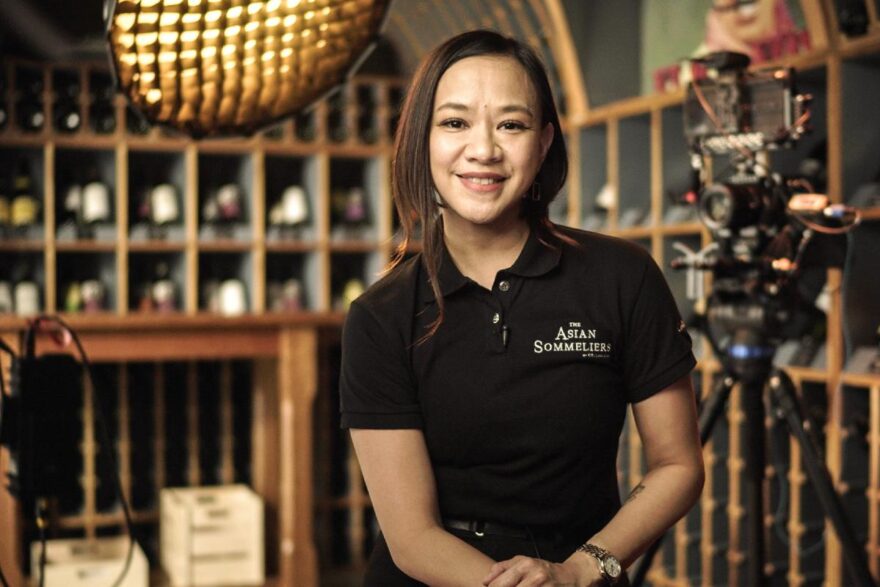


The important thing is not to clam up. Salespeople are there to help you. They can’t do that when you avoid them or do not work with them.